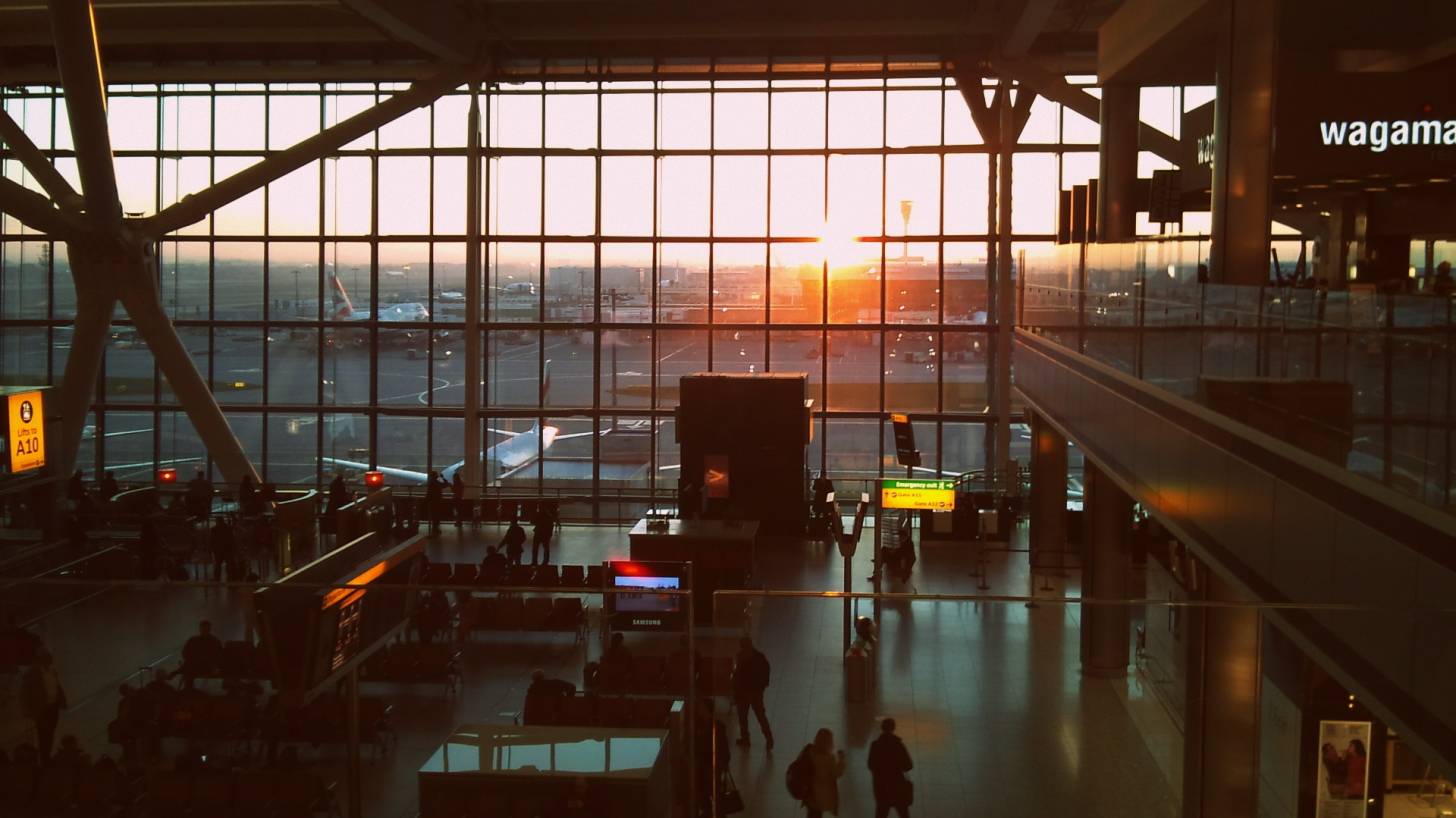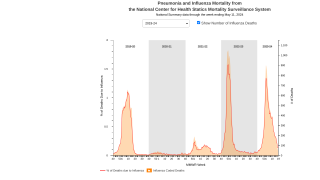UK Offers Travel Advice When Visiting China

Public Health England (PHE) announced it is monitoring the reported outbreak of a novel coronavirus in Wuhan City, China.
PHE said a statement published on January 10, 2020, ‘the risk to the UK population is very low and the risk to travelers to Wuhan is also low.’
The Wuhan Municipal Health Commission has reported 59 cases of the disease so far, the majority of which appear to be connected to a seafood market in the city.
Furthermore, there have been no related fatalities reported and there is no evidence of transmission from person to person or any signs of illness among medical and nursing staff.
Dr. Nick Phin, National Infection Service Deputy Director at PHE, offered these comments on the reported Wuhan novel coronavirus:
- ‘Based on the available evidence, the risk to travelers to Wuhan from this disease is low and we are not advising them to change their plans.’
- ‘Travelers should seek medical attention if they develop respiratory symptoms within 14 days of visiting Wuhan, informing their health service prior to their attendance about their recent travel to the city.’
- ‘The UK has robust arrangements to manage emerging diseases and we can draw on our experience of developing pioneering diagnostic tests in humans for the coronaviruses - SARS and MERS.’
- ‘Besides the evolving situation in Wuhan, all travelers should also be aware of the risk of avian flu when visiting China during the Chinese New Year, or Spring Festival, which begins on January 25, 2020.’
- ‘In order to minimize the risk of transmission, people traveling to the area should maintain good hand and personal hygiene. ’
Human cases of avian influenza have recently been reported in China, and historically there have been more cases at this time of year. Cases have originated from several provinces and municipalities across mainland China, and there have been a small number of avian influenza cases among Hong Kong SAR and Taiwan residents who have traveled to mainland China.
The majority of reported human cases in China have had close contact with wild birds or poultry.
Although the risk is very low, Public Health England and the National Travel Health Network and Centre (NaTHNaC) are reminding UK travelers to protect themselves from avian flu by minimizing exposure to wild birds and poultry.
Avian influenza remains a risk in a number of parts of China and if travelers experience coughing or difficulty breathing within 14 days of returning from China, they should report their recent travel to call their GP or call NHS 111.
Dr. Phin added these comments regarding avian flu.
- ‘Although the risk of avian flu to UK residents traveling to China remains very low, anyone planning to visit China, Hong Kong SAR or Taiwan, should minimize their exposure to any birds such as wild birds or live birds in ‘wet markets’ as a precaution.’
- 'We strongly urge people to avoid touching dead or dying birds and maintain good hand and personal hygiene.’
UK international travelers can check NaTHNaC’s TravelHealthPro website for current travel health recommendations for:
Previously, the World Health Organization issued a statement on January 9, 2020, which said 'Chinese authorities have made a preliminary determination of a novel (or new) coronavirus, identified in a hospitalized person with pneumonia in Wuhan. Chinese investigators conducted gene sequencing of the virus, using an isolate from one positive patient sample.'
On January 6, 2020, the US Centers for Disease Control and Prevention (CDC) issued a notice which includes 'As of this posting, case-patients in the cluster reportedly have had a fever, difficulty breathing, and bilateral lung infiltrates on chest radiograph.’
For patients with similar respiratory symptoms who recently traveled to Wuhan, the CDC suggests ‘healthcare providers consider pneumonia related to the cluster and notify infection control personnel and your local health department immediately.'
January 6, 2020 – The Hong Kong Department of Health has reported 2 suspected cases of Middle East Respiratory Syndrome.
January 5, 2020 – The World Health Organization announced it had activated its disease incident management system and was closely monitoring the outbreak of an unidentified strain of viral pneumonia in central China.
January 3, 2020 – A new CDC Travel Alert has been published indicating the Dengue disease has become a risk for people in many parts of Asia and the Pacific Islands.
The CDC does identify various vaccines international travelers should discuss with a healthcare provider prior to visiting China.
International health and vaccination news published by Vax-Before-Travel.
Our Trust Standards: Medical Advisory Committee
























